UK to delay post-Brexit border checks to ease supply chain crisis
Britain is set to push back its implementation of full post-Brexit borders checks on imported goods from the European Union (EU), as the challenges for supply chains surge in the UK.
In a written ministerial statement on Tuesday, Penny Mordaunt, the Paymaster General, said, “There are pressures on global supply chains caused by a wide range of factors… In these circumstances, the government has decided to delay further some elements of the new controls, especially those relating to sanitary and phytosanitary (SPS) goods.”
According to the government’s new plan, Brexit controls, certification and physical checks on food products that were due to come into effect in January are being postponed until July 2022. Furthermore, the governments is also delaying paperwork required from October 1 for imports of food and animal products including dairy, eggs, honey and composite products.
“We want businesses to focus on their recovery from the pandemic rather than have to deal with new requirements at the border, which is why we've set out a pragmatic new timetable for introducing full border controls," said David Frost, the Minister of State for EU Relations, adding that “businesses will now have more time to prepare for these controls which will be phased in throughout 2022.”
A severe shortage of lorry drivers, which has been deepened by both the pandemic and the Brexit, has made many businesses stuck with huge issues regarding their supply chains in recent months, leaving some supermarket shelves empty, or forcing restaurants to eliminate some of the items from their menus.
In recent weeks, over a quarter of food and hospitality businesses in the UK have been impacted by stock shortages, with shoppers being told to expect higher prices, as a result of post-Brexit strict controls on the borders.
Accordingly, London is in talks with Brussels about how to put into practice the Northern Ireland Protocol, which is an integral part of the Brexit deal whose central aim is to maintain an open land border between British-controlled Northern Ireland and the Republic of Ireland so as to facilitate the free movement of goods.
The government’s lack of planning for Brexit meant the necessary infrastructure involving border control posts in key ferry ports has not been built yet.
Meanwhile, fears are growing that supply problems will hit Christmas. Last week, Ian Wright, the Food and Drink Federation (FDF) chief executive, warned that food shortages in supermarkets may last ‘forever’ in Britain and products may not be as widely available as before the coronavirus pandemic.
However, the Confederation of British Industry (CBI) said the extra time, planned by the government, would "relieve pressure in supply chains ahead of the traditionally busy Christmas period for retailers".
The move means Britain has been given a de facto transition period to bed in the checks agreed under the Brexit agreement with the EU.
JD Vance’s Caucasus trip deepens concerns over sovereignty, security and US meddling
VIDEO | Press TV's news headlines
Thousands rally in Australia against Israeli president's visit as police use pepper spray
Child among four killed as Israel attacks southern Lebanon in ceasefire breach
Russia vows ‘all possible assistance’ to Cuba as US squeezes oil supplies
Hezbollah leader: Israel‑US aggression is Lebanon’s main challenge
Muslim nations condemn Israel’s new West Bank settlement laws
Iraq executes ex-Saddam official over 1980 killing of Shia cleric Baqir al-Sadr


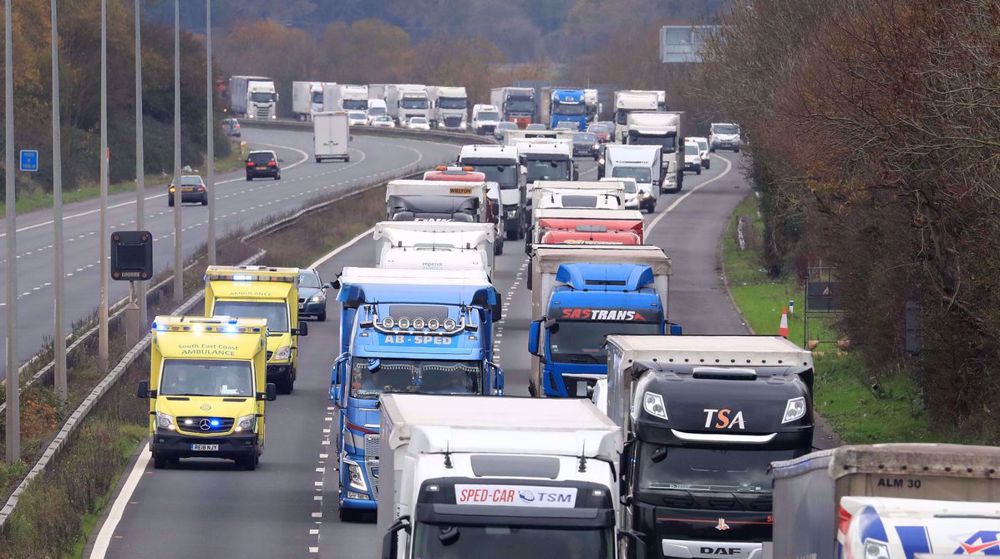
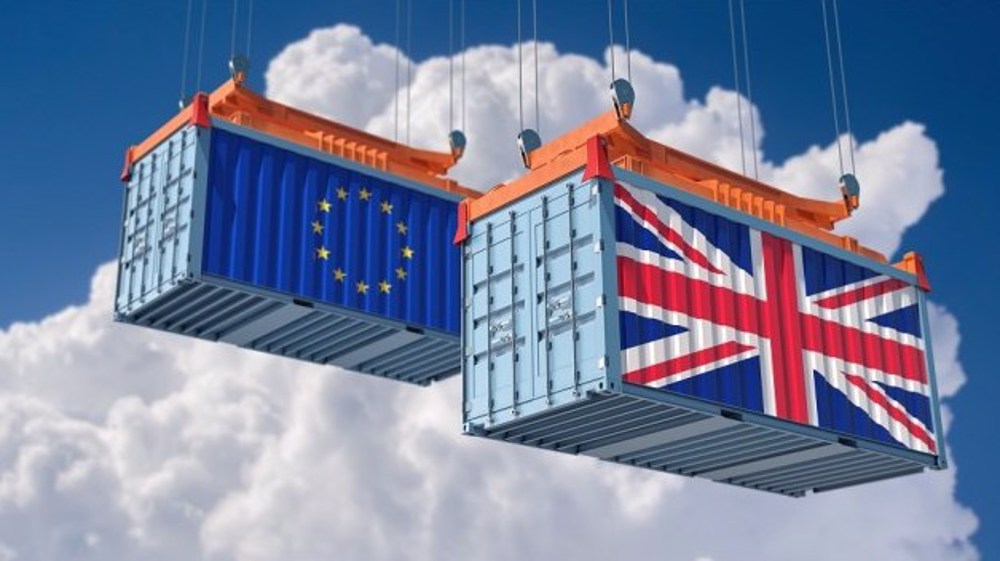
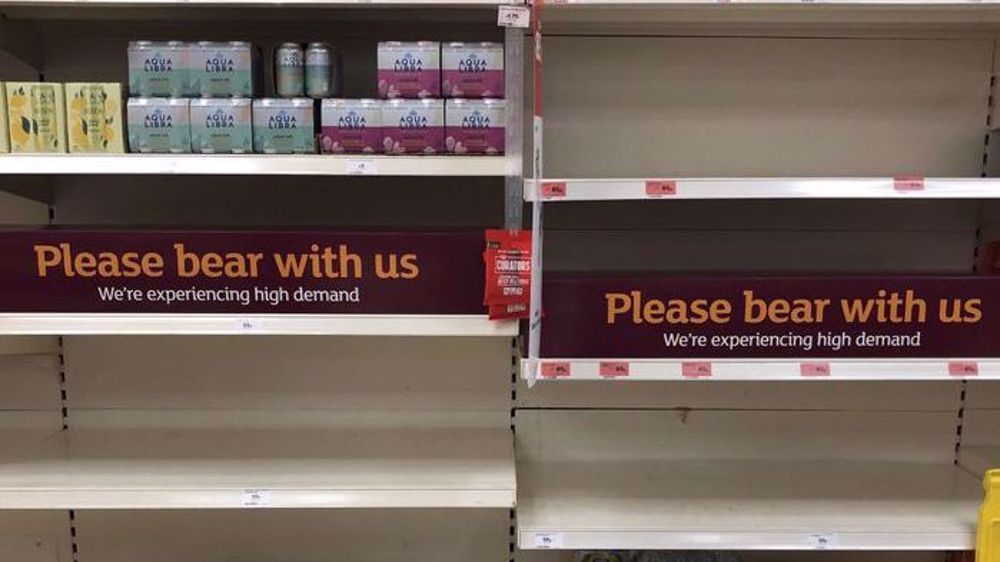
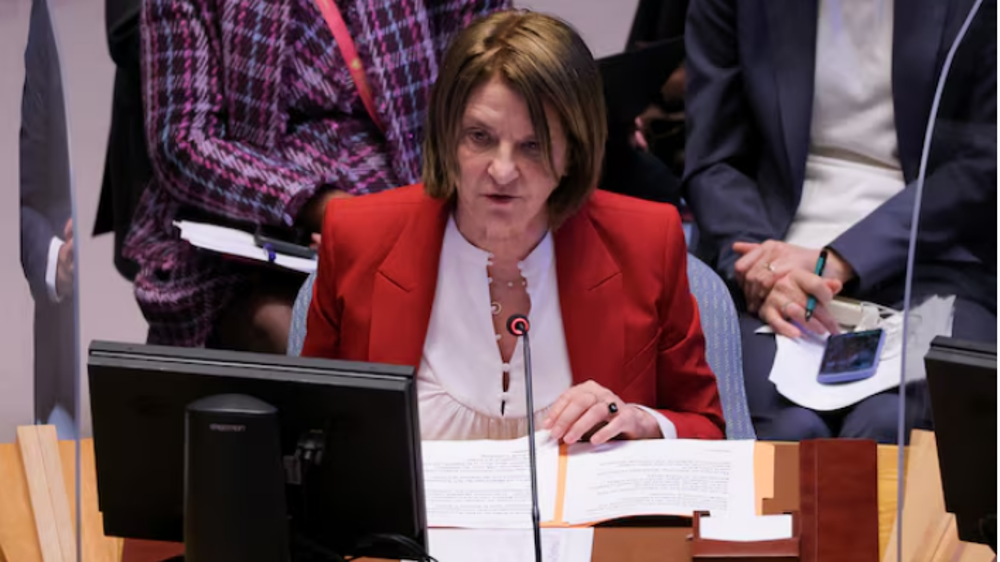
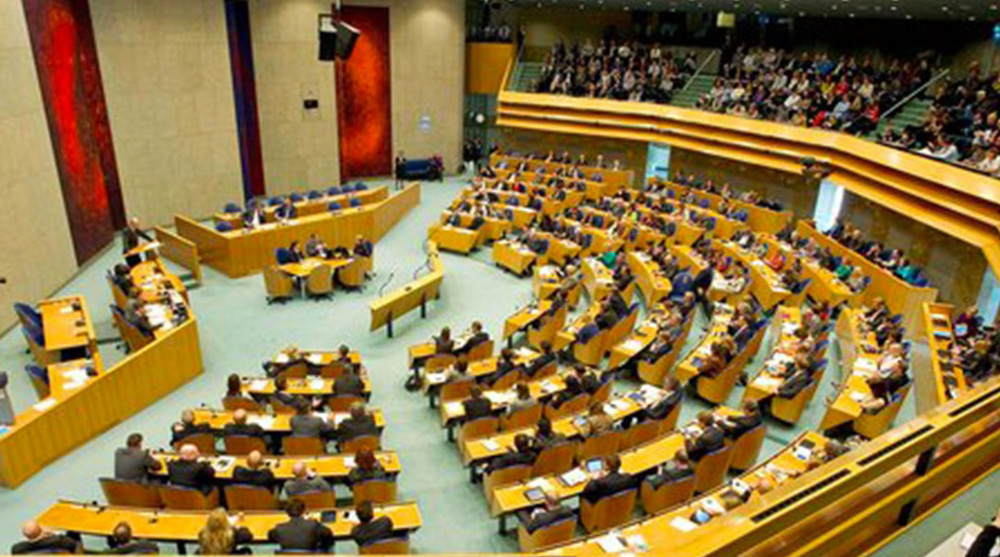
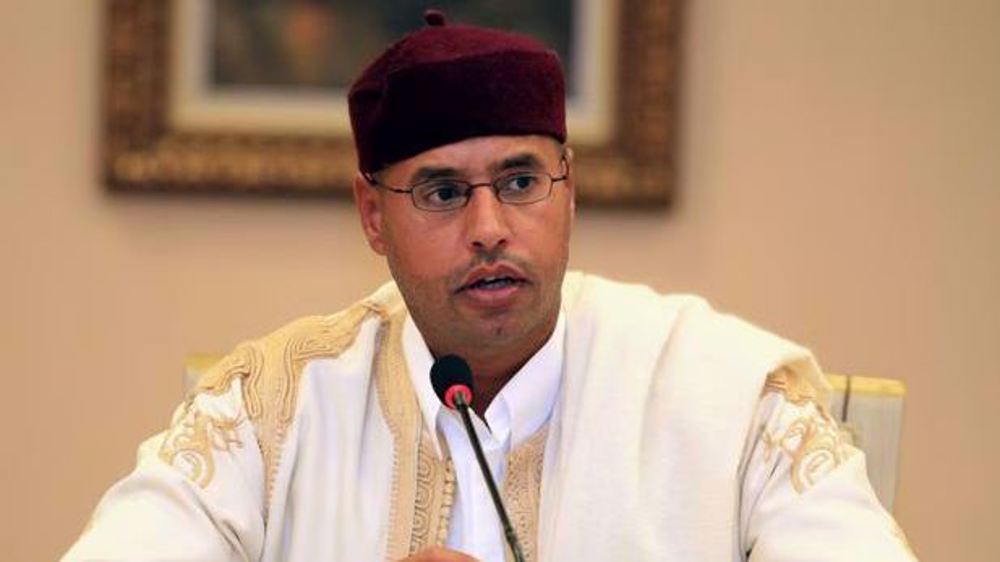




 This makes it easy to access the Press TV website
This makes it easy to access the Press TV website